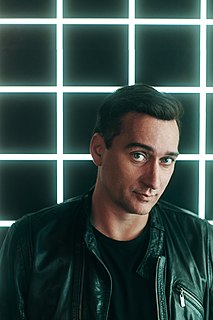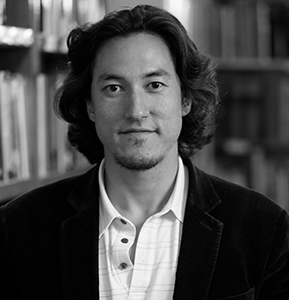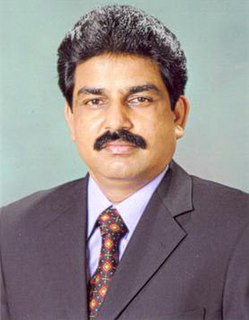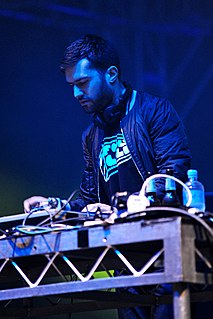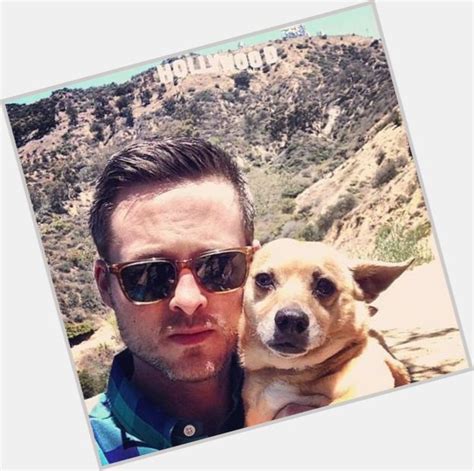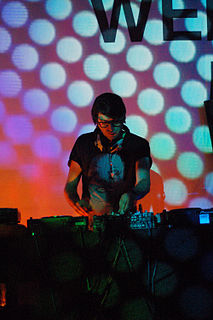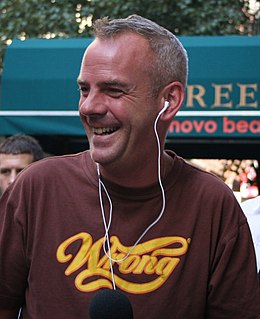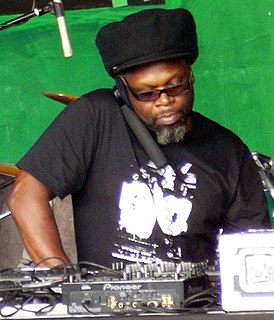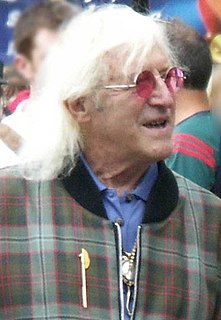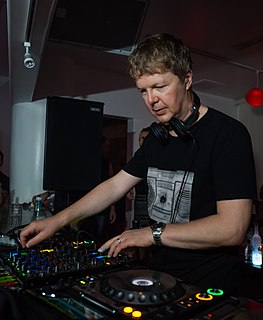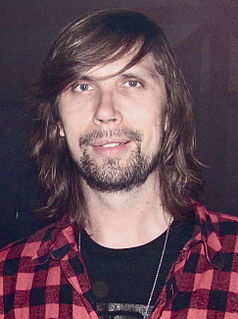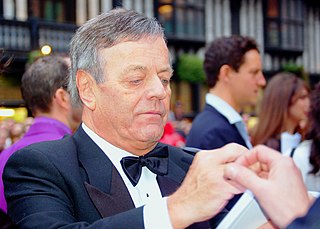A Quote by Paul van Dyk
I grew up in a dictatorship, so I really appreciate democracy. I think democracy isn't just a random thing that's around - a democratic society needs the involvement of everybody.
Related Quotes
In capitalist society we have a democracy that is curtailed, wretched, false, a democracy only for the rich, for the minority. The dictatorship of the proletariat, the period of transition to communism, will for the first time create democracy for the people, for the majority, along with the necessary suppression of the exploiters, of the minority.
When people in a democracy are not educated in the art of living -- to strengthen their conscience, compassion, and ability to question and think critically -- they can be easily manipulated by fear and propaganda. A democracy is only as wise as its citizens, and a democracy of ignorant citizens can be as dangerous as a dictatorship.
Education in democracy must be carried on within the Party so that members can understand the meaning of democratic life, the meaning of the relationship between democracy and centralism, and the way in which democratic centralism should be put into practice. Only in this way can we really extend democracy within the Party and at the same time avoid ultra-democracy and the laissez-faire that destroys discipline.
I think some people have blind faith in American institutions without knowing a whole lot about them and think they will stand up to Donald Trump and are indestructible. I actually think democracy is not a definable and achievable state. Any country is either becoming more democratic or less democratic. I think the United States hasn't tended to its journey toward democracy in a long time. It's been becoming less democratic, and right now it's in danger of becoming drastically less democratic.
I think in Pakistan there is already democracy and no dictatorship. And recently a few years ago, the Pakistani people stood against the dictatorship of [Pervez] Musharraf and compelled him to resign. So now it is the people's democracy so I don't think any chance that the people should stand against this administration. Pakistan's situation is different than Egypt. They cannot be compared.
Democracy, in the United States rhetoric refers to a system of governance in which elite elements based in the business community control the state by virtue of their dominance of the private society, while the population observes quietly. So understood, democracy is a system of elite decision and public ratification, as in the United States itself. Correspondingly, popular involvement in the formation of public policy is considered a serious threat. It is not a step towards democracy; rather it constitutes a 'crisis of democracy' that must be overcome.
When we talk about Cuban democracy we are referring to participatory democracy which is big difference with representative bourgeois democracy. Our is a democracy in which everything is consulted with the people; it is a democracy in which every aspect and important decision that has an impact in the life and society of the people, is done in consultation.
I call government that works the best for people open society, which is basically just another more general term for a democracy that is - you call it maybe a liberal democracy. It's not only majority rule but also respect for minorities and minority opinions and the rule of law. So it's really a sort of institutional democracy.
